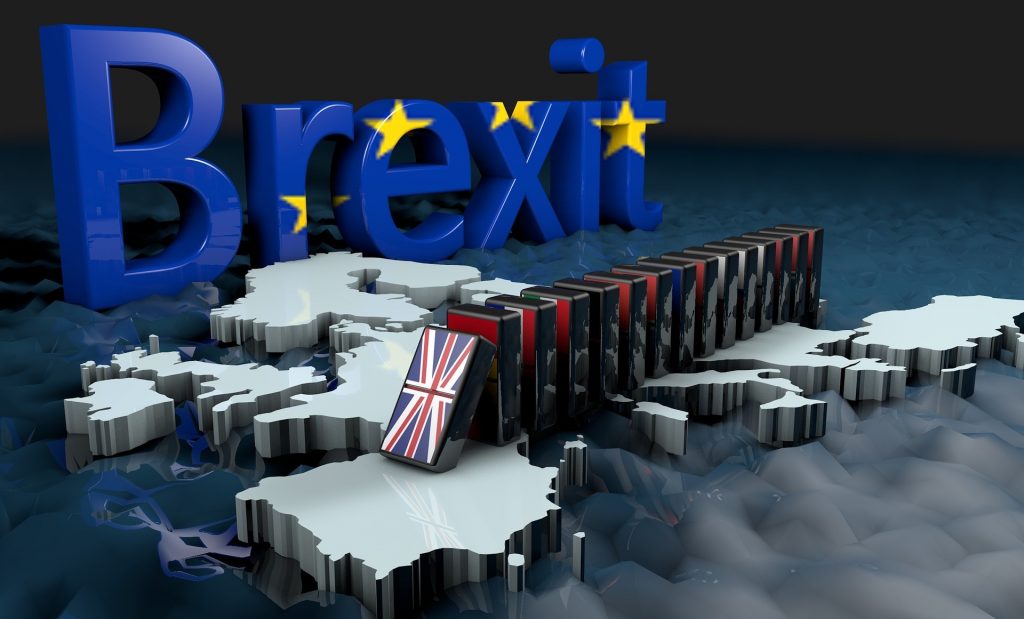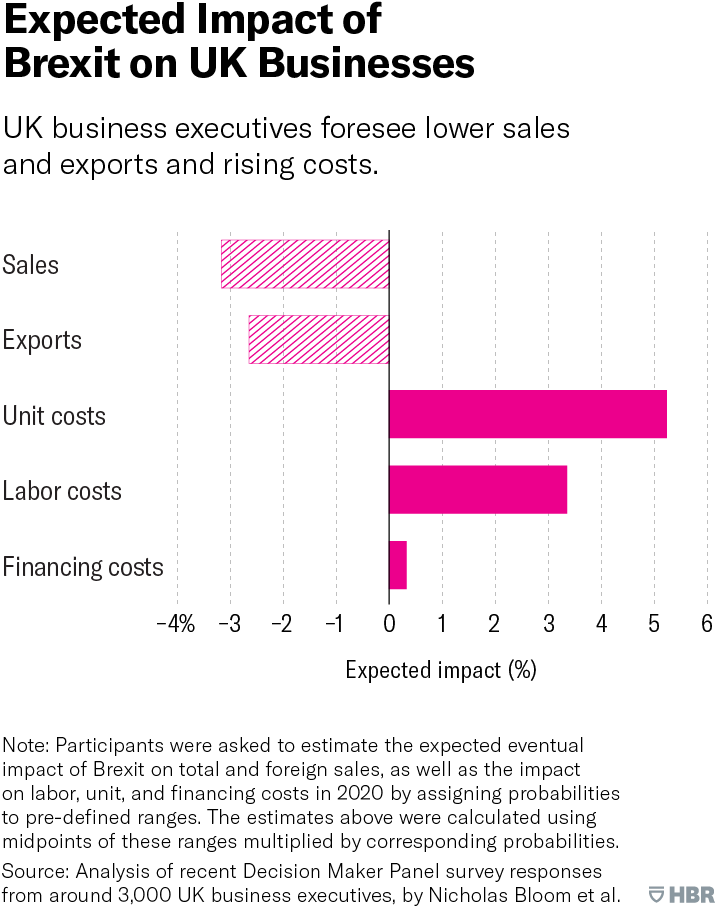
Before the ongoing COVID-19 pandemic, there was one topic that nobody could stop debating. While today’s news cycle talks of lockdowns, restrictions, vaccines, and elections, we almost forgot about the long-running political drama that was Brexit. However, the new year marks the end of the 11-month transition period of negotiations between Britain and the European Union. News sites are once again riddled with the latest in Brexit headlines, negotiation details, and how Brexit will affect business as usual going into 2021.
There’s a lot of information out there, from what trade deals were ratified by Parliament this past week to what’s been left out, and you’re probably wondering the same thing as most of us. Will Brexit affect me and my business? We’ve scoured the latest in order to sum up the five things you NEED to know about the business of Brexit—and how it could affect yours.
With the recent move to work from home and remote work likely being the way of the future, you need to know how to stay on top of your organisation and be ready for any new rules and regulations that come your way. We find that the best way to manage your remote team is by using monday.com. Whatever happens in the coming months, you’ll need a way to keep track of any new change of processes and ensure that your business and team members remain compliant.
You can also read our other blog post about the most important things you need to know about managing your team effectively.
Following a referendum from way back in June 2016, Britain formally exited from the European Union on the 31st of December 2020. Since then, Britain has not been a part of the EU legally and politically, but they’ve been in a transition period in which trade, economic, and security relations have remained unchanged.
Officially, at 11pm on the 31st of December 2020 marked the end of this transition period. However anticlimactic it was, you can now consider the UK as no longer being part of the EU’s single market economy or subject to its rules.
So what exactly was negotiated? With the withdrawal negotiation period put in place this year, a hard no-deal Brexit was avoided. The Brexit deal that was struck does not include a hard border between Northern Ireland and the Republic of Ireland, much to the relief of many. However, several key issues have been left unattended in the negotiations, likely because of the time restriction as well as the complexity of the matter. The UK is seeking freedom to diverge from certain EU standards, and the EU wants to ensure that the UK can’t “cherry pick” things that benefit them and disregard the things that don’t.
As there are several outstanding issues regarding the current deal, you can expect the negotiations to be relatively constant. The trade agreement doesn’t say much about the future of British financial services and what changes they can expect specifically. However, Boris Johnson says that subsequent smaller deals are soon to be made. Additionally, the current trade terms are set to be reviewed in five years’ time.
While some industries will be affected more than others, every industry will likely be affected by Brexit due to potential economic impacts and workforce issues. While this list is not exhaustive, some aspects of business that Brexit will affect are listed below:


In general, importing goods from EU countries into the UK will switch to being a similar process to importing goods currently from non-EU countries, and these goods will be eligible for customs duties and import VAT.
If you’re a UK-based business receiving goods from outside the EU, you’ll have to complete an import declaration to get your goods through customs. Find out how and when to submit here.
As of the end of the transition period, the UK is no longer a part of existing trade agreements between the EU and certain non-EU countries.
Exports to non-EU countries will need to be considered on an individual basis, and the UK will export to non-EU countries using the World Trade Organisation (WTO) Most Favoured Nation (MFN) rules, which applies to trade with the United States.
Here is where you can find individual guidelines for each country, which is updated regularly.
There are some government guidelines relating to where products are manufactured and put on sale that you should be sure to check out. You can read about them here.
For instance, the ‘CE’ marking that appears on several products that are traded on the single market in the European Economic Area will need to be replaced with the UKCA mark for products sold in England, Scotland or Wales. It remains to be seen what will be required for goods sold in Northern Ireland, but the aforementioned resource will be updated as soon as it’s made known.
Existing UK passports can still be used following the end of the transition period, which applies to existing burgundy-coloured UK passports with EU markings.
With the exception of travel to Ireland, you’ll need to have at least six months left until expiry if you wish to travel to most other EU countries. If your passport expires within the next six months, you MUST apply for and receive a new UK passport before travelling.
If your passport is over 10 years old since the date of issue, it will need to be renewed if you wish to travel.
Details including state-provided travel/health insurance are still being discussed, but you can read here for more information and to receive updates.
In the same way as before Brexit, you’ll still have to check the right to work status of all EU/EEA/Swiss job applicants. The main difference after transition is as of 1 January 2021, EU citizens moving to the UK for work will need a visa. To get this, they’ll need to show they have a job offer from an approved employer sponsor.
If your business recruits from the EU, you should apply to become an approved sponsor as soon as possible, as the process typically takes eight weeks from the date of application.
Brexit will likely affect several other processes within your business or organisation that you haven’t even thought of yet. This could include your reliance on funding or grants from the EU, money your business may hold in any EU financial institutions, data or cloud storage you may be hosting in an EU country, or the mobile phone coverage of any of your employees needing to travel within the EU.
The bottom line is that there are virtually no businesses in the UK that won’t need to make some sort of change at the end of the transition period.
These changes may seem overwhelming, but there are many things you can do to be more prepared. Start by answering the transition check questions here to guide you through the process.
There is no better time than now to start using a tool such as monday.com to help manage your business and keep track of everything you’ll need to do to stay on top of changes and new processes that 2021 will inevitably bring.
Complete the form below to book a call with our monday.com product expert, and you can even start a 14-day FREE trial now!
There are still many unknown obstacles that face businesses in 2021. The most that any of us can do is to be prepared and stay organised. Making use of the information at hand and taking advantage of tools like monday.com will help to guarantee that you have everything in place to keep your business running as smoothly as possible.